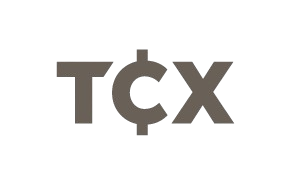Nigeria’s central bank raised its key rate by 50 bps to 26.75%, and widened its “asymmetric corridor.” The cost for lenders to borrow was set at 500 bps above the policy rate, while the return on their deposits is now 100 bps below the benchmark. Inflation pressures stem from the partial removal of fuel subsidies and the naira’s 70% devaluation since June 2023 following currency reforms.
